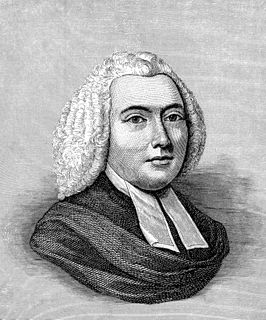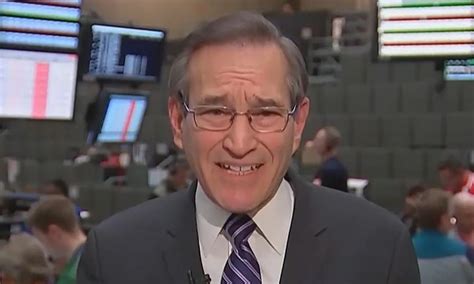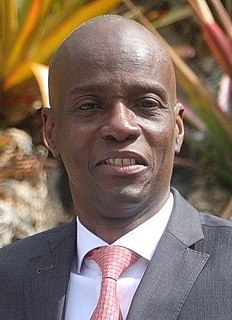A Quote by John of Salisbury
Between a tyrant and a prince there is this single or chief difference, that the latter obeys the law and rules the people by its dictates, accounting himself as but their servant.
Related Quotes
The king is as much bound by his oath not to infringe the legal rights of the people, as the people are bound to yield subjection to him. From whence it follows that as soon as the prince sets himself above the law, he loses the king in the tyrant. He does, to all intents and purposes, un-king himself.
Mothers know the difference between a broth and a consommé. And the difference between damask and chintz. And the difference between vinyl and Naugahyde. And the difference between a house and a home. And the difference between a romantic and a stalker. And the difference between a rock and a hard place.
It is to law alone that men owe justice and liberty. It is this salutary organ, of the will of all which establishes in civil rights the natural equality between men. It is this celestial voice which dictates to each citizen the precepts of public reason, and teaches him to act according to the rules of his own judgment and not to behave inconsistently with himself. It is with this voice alone that political leaders should speak when. they command.
I don't think the law exists to arrive at the truth. If it did, we wouldn't have exclusionary rules, we wouldn't have presumptions of innocence, we wouldn't have proof beyond reasonable doubt. There's an enormous difference between the role of truth in law and the role of truth in science. In law, truth is one among many goals.
The study of law can be disappointing at times, a matter of applying narrow rules and arcane procedure to an uncooperative reality; a sort of glorified accounting that serves to regulate the affairs of those who have power--and that all too often seeks to explain, to those who do not, the ultimate wisdom and justness of their condition. But that's not all the law is. The law is also memory; the law also records a long-running conversation, a nation arguing with its conscience.
The difference between ignorant and educated people is that the latter know more facts. But that has nothing to do with whether they are stupid or intelligent. The difference between stupid and intelligent people-and this is true whether or not they are well-educated-is that intelligent people can handle subtlety. They are not baffled by ambiguous or even contradictory situations-in fact, they expect them and are apt to become suspicious when things seem overly straightforward.



































